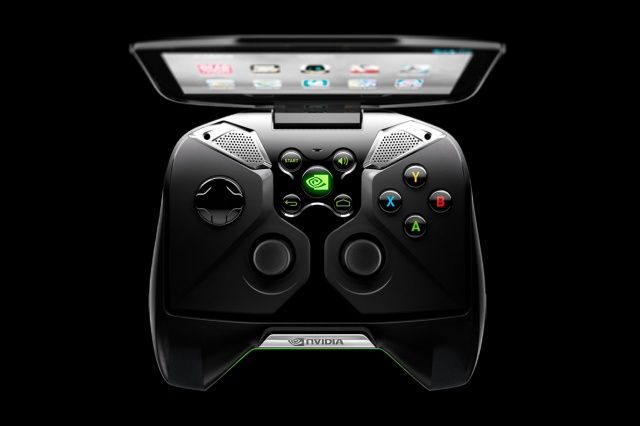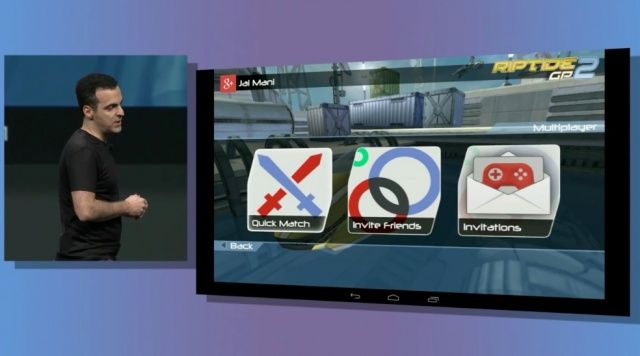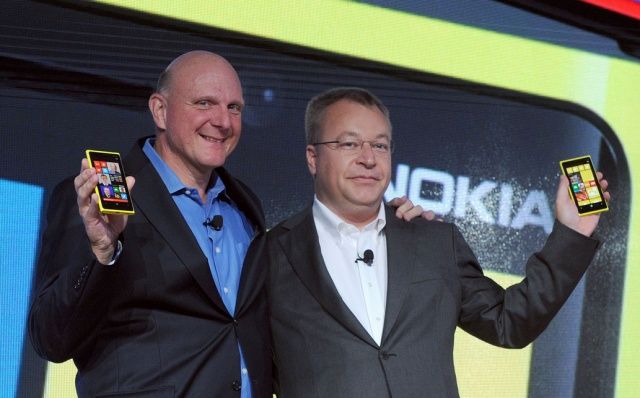Every successful company has one massively great idea upon which all their success is based.
Google’s massively great idea is that amazing algorithms plus overwhelming compute power can solve just about any problem.
Apple’s massively great idea is that horrible content-consumption experiences can be fixed with blank-slate thinking and well-designed hardware-software-service combinations.
And Microsoft’s massively great idea, which preceded Google’s by decades, is that software does not want to be free. Software wants to be profitable and hardware wants to be a zero-margin commodity. The “secret sauce” for this approach, which enabled Microsoft to dominate for years, is that making more money on software lets you spend more on new software products, which gives you an advantage in emerging software markets.







